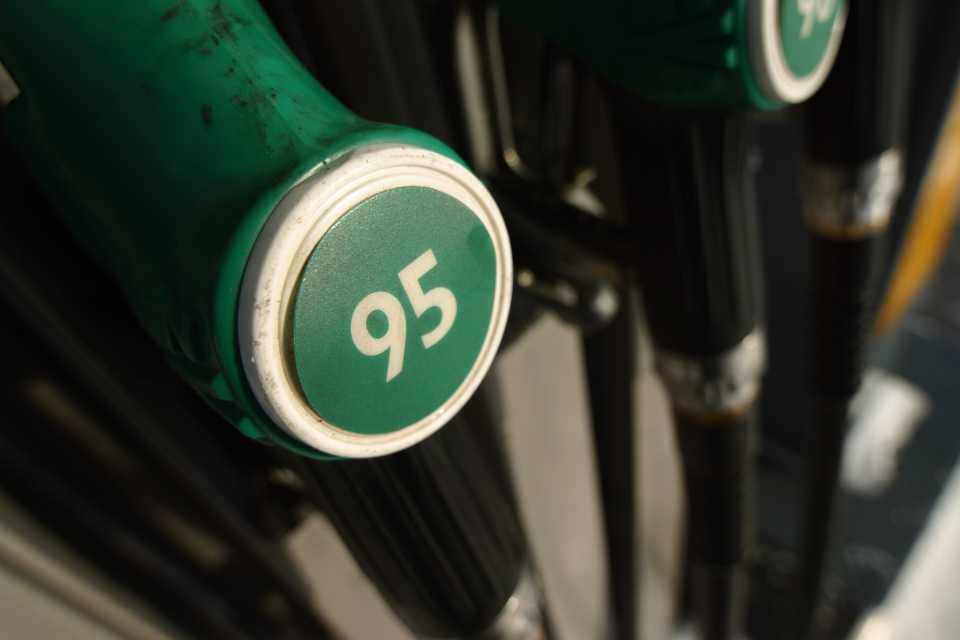DfT consults on introducing E10 petrol to UK market

The Department for Transport (DfT) has launched a consultation on the introduction of E10 fuel to the UK.
E10 contains five per cent more bioethanol than traditional petrol and is not currently available in the UK.
The changes to the Renewable Transport Fuels Obligation (RTFO) require transport fuel suppliers to increase the amount of renewable fuel supplied across the UK up to 2032. Fuel suppliers could therefore choose to increase the percentage of bioethanol in petrol beyond the current 5% (E5) up to a limit of 10% (E10).
Using E10 in place of E5 reduces the net greenhouse gas emissions of a petrol vehicle by around two per cent. While the 'tailpipe' emissions remain broadly the same, more of the CO2 released relates to the short term carbon cycle and is not derived from fossil fuels. The CO2 from bioethanol will have been recently sequestered from the atmosphere before being released again when the fuel is burnt, thereby having a lower impact on net CO2 emissions compared to fossil fuel derived petrol.
According to industry figures, there could be around one million cars within the UK that are unsuitable for use with E10.
The vast majority of petrol vehicles in use today are fully approved for use with E10, but there is a challenge in communicating this to the public. Furthermore, there are around a million cars in use in the UK that are not compatible with E10 fuel.
The consultation also sets out proposals to introduce standardised fuel labelling. These labels will help motorists select the correct fuel for their vehicle regardless of where they are filling up. For petrol and diesel, the labels must clearly indicate the maximum renewable fuel content.
The consultation, which closes on 16 September, seeks feedback on proposals to ensure a continued supply of traditional E5 petrol for motorists that still need it; a call for evidence on whether and how best to introduce E10 petrol; and proposals to implement new fuel labelling as required by the Alternative Fuels Infrastructure Directive.



